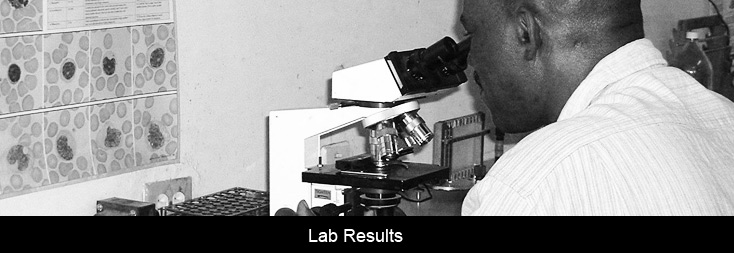Backlog in forensic labs delay payments of insurance claims
We are all aware of the difficulties experienced by the criminal justice system with regards to the timely access to forensic results from laboratories. There are long delays in bringing criminals to justice where the prosecutors have to wait for the lab results.
The fight against drunk driving is also, especially after a recent case on the Draeger breathalyser, experiencing resistance and time delays as there is a long wait for blood-alcohol results.
How does this impact on the Insurance Industry
These difficulties go far beyond the drunken driving cases and car insurance claims. According to I-Net Bridge a significant backlog at a number of the state’s forensic laboratories has meant that some consumers are being forced to wait for as long as two years before pathology results are finally made available.
As a result, any insurance claim that remains dependent on such test results could potentially end up being considerably delayed.
According to Justus van Pletzen, chief executive officer at the Financial Intermediaries Association of Southern Africa (FIA), pathology results can often be vital in the finalisation of certain insurance claims.
“Forensic test results are often essential in serious cases such as those where someone has been killed or seriously injured in an accident. This is particularly relevant if alcohol or drugs are thought to be contributing factors.”
Van Pletzen says such results can also be vital if an insurance company is investigating claims for damage to property. “If someone has a car accident or damages property whilst under the influence of drugs or alcohol then an insurer can repudiate a claim.
“However, this may need to be proven through a forensic test which can potentially delay any settlement.
He says the FIA has been assured by a number of insurance companies that they are aware of the situation and will take every possible step not to delay decisions regarding the settlement of such claims.
“It is positive that insurance companies are choosing not to simply wait for the official test results before deciding whether to settle on a claim, even though this may often be a stipulation of the policy.
“Insurers can obtain relevant information in a number of other ways including police reports, witnesses and family members, as well as examining the particulars of the event and past history in order to reach a reasonable conclusion.”
He says in some cases the outcome may be a partial interim payment, while other insurers have agreed to meet a claim on condition that an ‘acknowledgement of liability’ statement is signed, guaranteeing that the amount will be paid back to the insurer should an eventual analysis find traces of alcohol or drugs.”
Van Pletzen says that while insurance companies are actively trying to work with clients to find solutions to the ongoing delays, it is important for consumers to be aware of their rights in such a situation.
“Insurers should not repudiate a claim on the basis that the insured [consumer] needs to provide satisfactory proof that they did not have traces of drugs or alcohol in their system.
“These delays are frustrating for all parties involved and cases that require forensic pathology tests are often by their nature traumatic.
“However, by working together, consumers and insurers can attempt to alleviate some of the stress involved to ensure a speedy resolution, even if a test result is not available,” says Van Pletzen.
[Info with recognition to I-Net Bridge (News24)]




